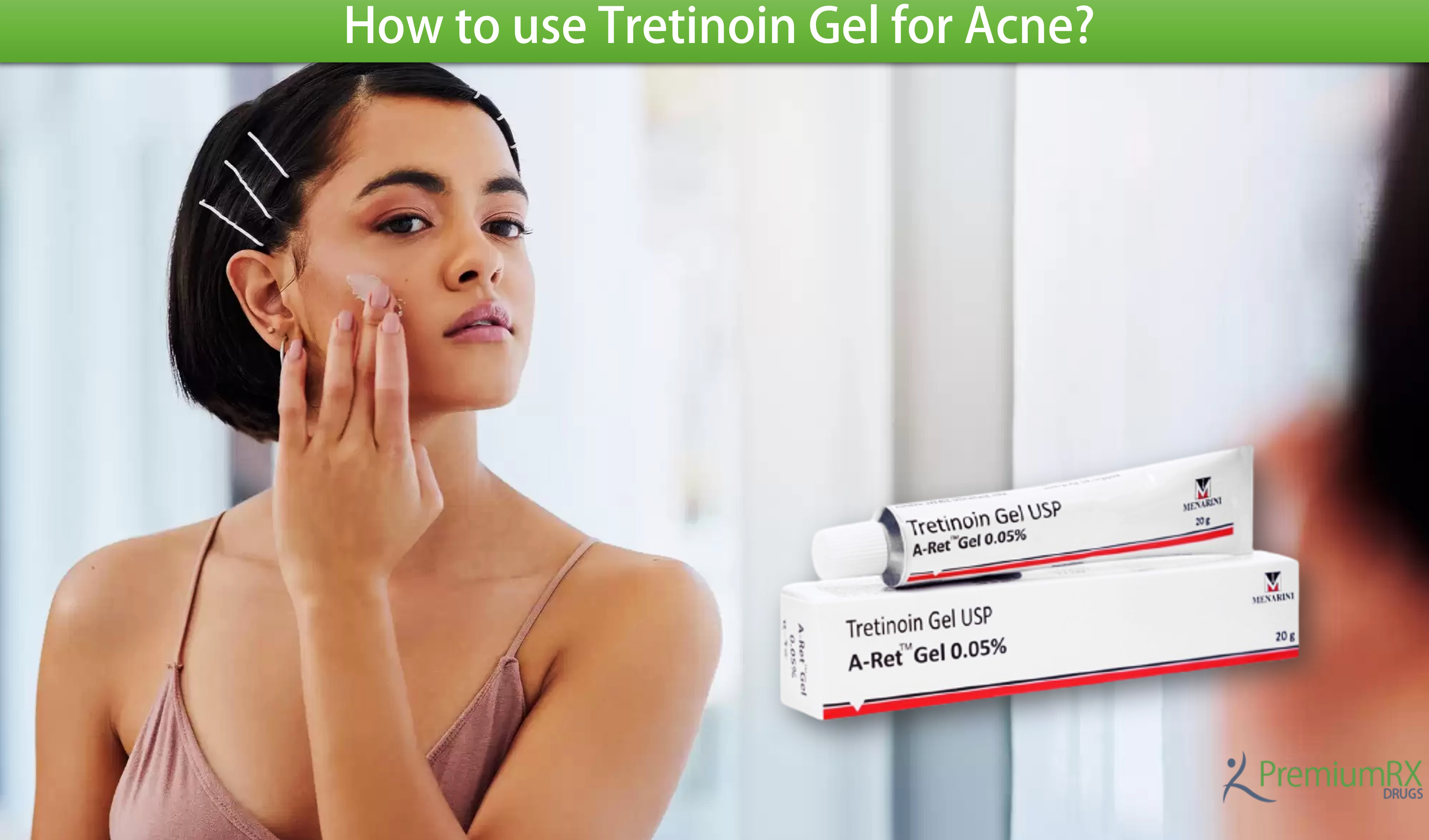Acne is a very common problem that occurs and disappears with time. When this skin problem becomes adamant and leaves scars for a long time, we call it severe acne.
We frequently witness pimple on the skin that remains for a short time and goes away on their own, but it does not always happen in the case of acne. Sometimes, the size and impact of acne are so severe that its victims are hurt emotionally. The chronic breakouts of blister-like acne cause scars on the skin. Though several treatments are available for all types of severe acne, the exact causes behind its breakout are still unclear.
Possible causes of severe acne:
In most cases, severe or cystic acne is a genetic condition. It can happen due to overactive oil glands, excess bacteria, infection and inflamed pimples. Mental stress, lack of nutritional elements in the body, hormonal disturbance and external pollution could also cause severe acne, but no one factor can be firmly ascertained for the problem.
Signs of severe acne:
Severe acne can easily be identified as it gets extremely red, and deep acne lesions called cysts leave long-lasting scars on the skin. Acute skin inflammation takes away the skin’s beauty, and your skin can further swell in contact with chemical elements.
Types of severe acne:
All forms of severe acne can be classified into four categories per their nature and impact on the skin. These four types of severe acne are:
1. Nodulocystic acne
The form of nodulocystic acne is denoted by the redness or inflamed cysts of the skin. It causes red bumps filled with pus that feel very painful when pressed. One or a group of bumps can look like a cystic cluster. The area of bumps can be up to a few centimetres, and its impact could be on various body parts like the face, back, shoulder, neck and chest.
2. Conglobata acne
This type of acne is chronic that affects men more often than women. People in their 20s and 30s witness this skin issue that probably starts with pimples and then gets worse with skin inflammation and infections. Sometimes, the previously treated acne occurs again in the form of conglobate acne, and then it causes deeper scarring.
Some common symptoms of conglobate acne include:
• Skin redness and deep scar
• Break out of blackheads on upper arm area, face and neck
• Small bumps filled with pus
3. Fulminans
Sudden and severe skin inflammation causes acne fulminants that may cover the entire body. It could result from intense medication and hormonal disorders in the body. In some cases, when the treatment of conglobate acne fails, it causes a fulminant stage of acne that requires non-steroidal anti-inflammatory drugs. The recurrence of fulminant acne leaves deep scars on the skin and, sometimes, causes mild fever, joint pain and severe skin problems.
4. Gram-negative folliculitis acne
The inflammation of the skin and hair follicles causes gram-negative folliculitis that looks like severe acne. This skin condition can be augmented by bacterial infection; even oral antibiotic could cause red bumps on the skin that becomes a form of cystic acne. A Gram stain is used to measure the effects of bacteria. When the skin does not turn blue after the introduction of Gram stain, it’s called Gram-negative.
Treatment of severe acne:
Topical treatment is very popular for diagnosing cystic acne. It is completely natural, safe, and affordable. Some of the natural tips to treat severe acne include:
• Facial mask
Cystic acne can flare up due to an imbalance in pH levels, so a facial mask of natural elements can treat it significantly. You can mix lemon juice, apple cider vinegar and turmeric powder to paste on the face or affected area. This mask works like an anti-inflammatory layer to alleviate blackheads and skin redness. You can take this treatment at least once a week for the best results.
• Honey mask
Honey is an excellent anti-inflammatory moisturizer that can heal scars and wounds and flush acne-related bacteria. Take raw honey, nutmeg and cinnamon masks that restore skin moisture and unclog pores.
• Ice rub
The easy, affordable and effective- ice. It has the quality to reduce inflammation that causes severe acne. Icing in the infected area can reduce swelling, remove dirt, freeze skin pores and absorb skin oil.
• Skincare routine
Maintain a healthy and regular skincare routine to eliminate cystic acne. You must ensure your skin is perfectly exfoliated and cleaned before moisturizing. Keep your skin hydrated and apply sunscreen to avoid damage from UV rays. Applying glycolic acid, enzymes, petroleum jelly, salicylic acid, and scrubs can help you maintain skin moisture and clean all types of severe acne.
Conclusion:
Like many other petty skin problems, acne can also happen naturally, and its impact usually remains for a few days. But it would be best to ignore it; otherwise, its scar will become harder to remove. In this regard, understanding the treatment of severe acne is very important as you would not like to flaunt scars on your skin. You clear your face from acne to buy A ret gel online at an affordable price and with original quality products.
Max Jones
Latest posts by Max Jones (see all)
- How to Revive Your Sex Life - October 27, 2023
- Smoking and Asthma - October 20, 2023
- 10 Causes Of Erectile Dysfunction You Probably Didn’t Know About! - June 29, 2023




